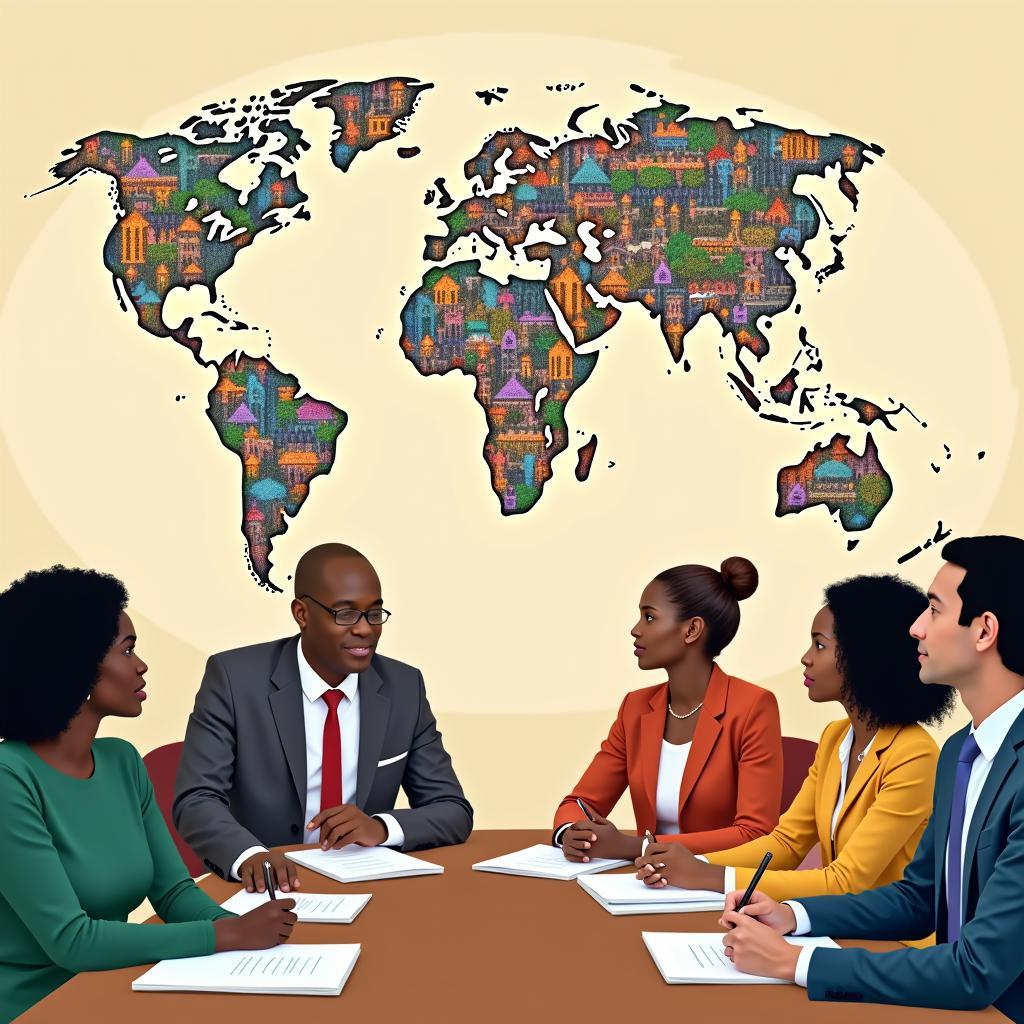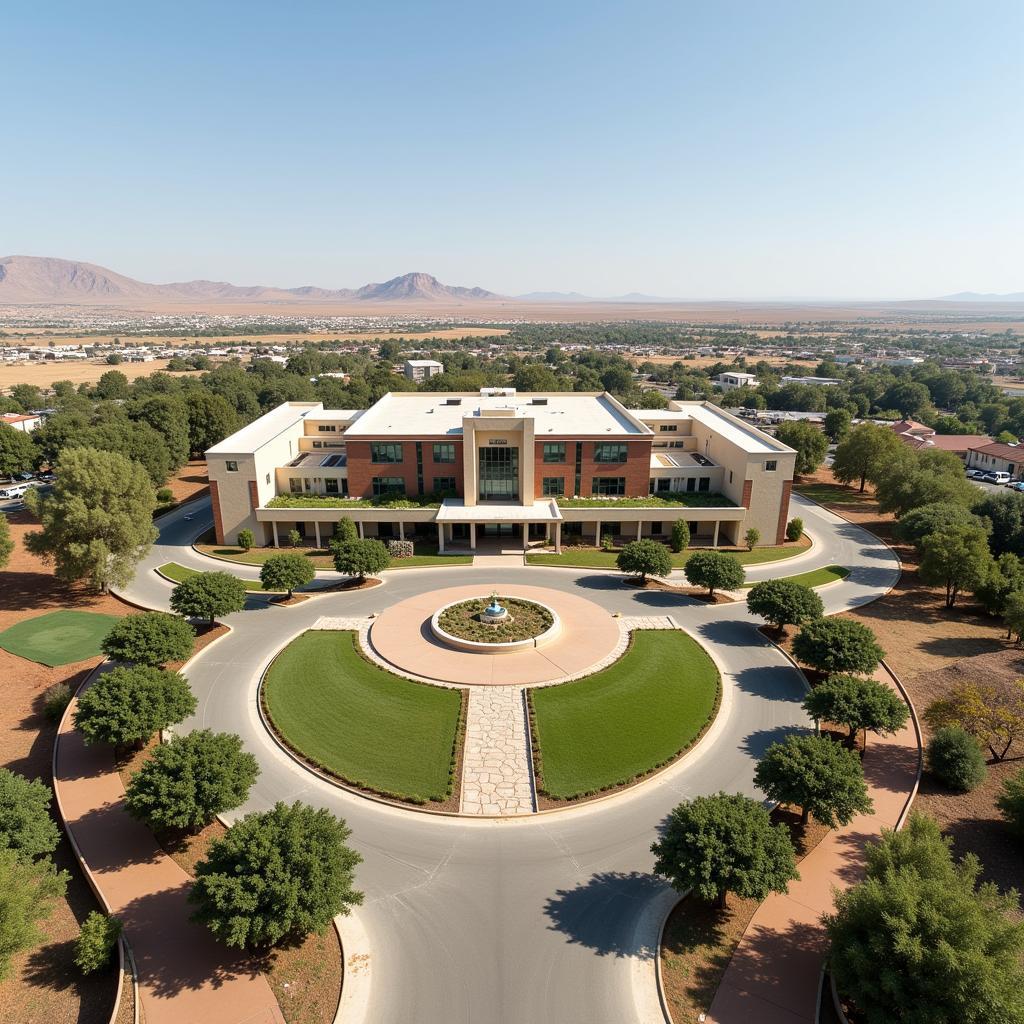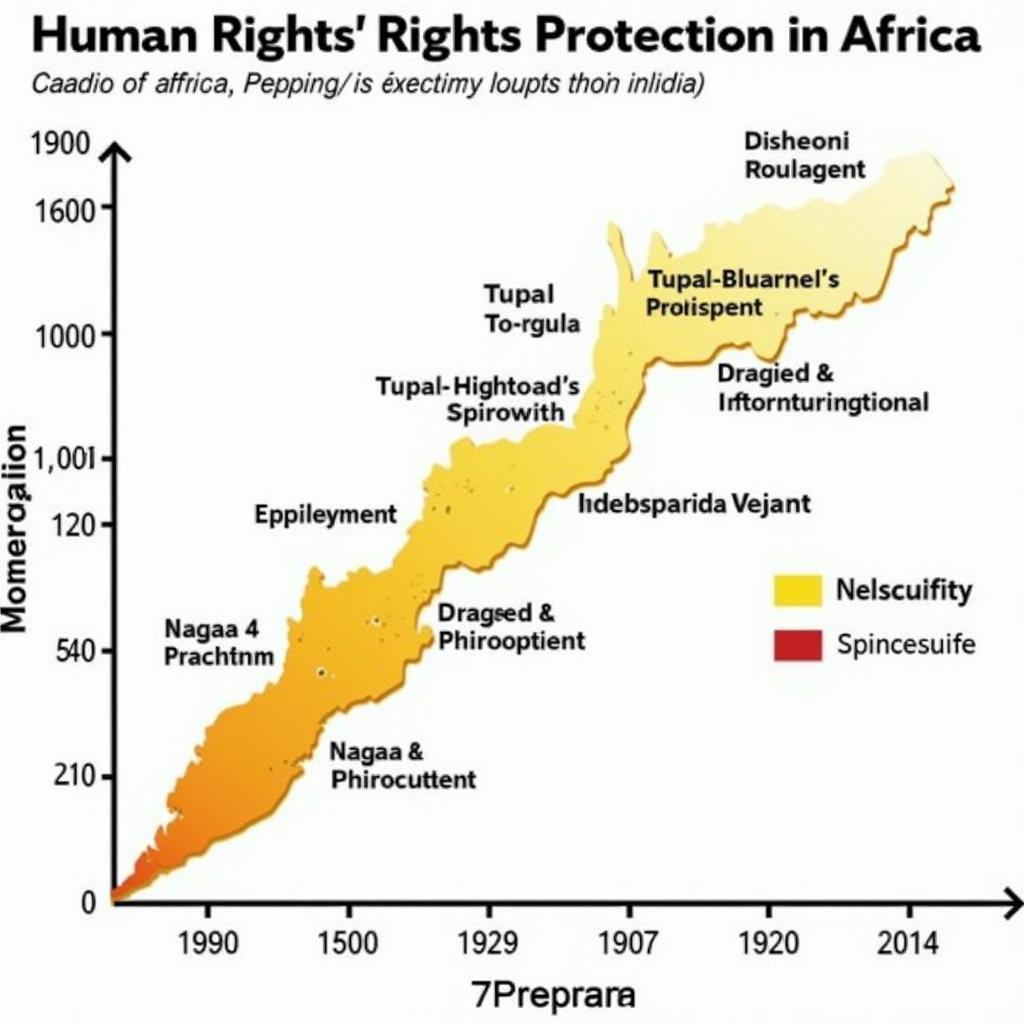African Commission on Human and Peoples’ Rights and Regional Organizations
The African Commission on Human and Peoples’ Rights (ACHPR) plays a crucial role in upholding human rights across the African continent, working in conjunction with various regional organizations. This collaboration is essential for effective human rights promotion and protection within Africa’s diverse political and social landscape. The ACHPR’s mandate encompasses a wide range of human rights issues, from civil and political rights to economic, social, and cultural rights.
The Mandate of the ACHPR: Protecting Human and Peoples’ Rights
The ACHPR, established under the African Charter on Human and Peoples’ Rights, has the primary responsibility of promoting and protecting human and peoples’ rights throughout Africa. This includes interpreting the Charter, investigating human rights violations, and encouraging states to adopt human rights legislation. The Commission also engages in promotional activities, such as educating the public about human rights and fostering a culture of respect for these fundamental principles. The ACHPR’s collaboration with regional organizations is vital to effectively address the complex human rights challenges across the continent.
You can learn more about who has signed the charter at African Charter on Human and Peoples Rights Signatories.
ACHPR and Regional Economic Communities: A Synergistic Approach
The ACHPR works closely with Regional Economic Communities (RECs) like ECOWAS, SADC, and the EAC. These partnerships facilitate information sharing, capacity building, and joint initiatives aimed at strengthening human rights mechanisms at both regional and national levels. By coordinating efforts, the ACHPR and RECs can maximize their impact on human rights protection across their respective regions. This synergistic approach is critical for addressing cross-border human rights issues and ensuring that human rights standards are implemented uniformly across Africa.
 ACHPR and REC Collaboration
ACHPR and REC Collaboration
How does the ACHPR collaborate with RECs?
The ACHPR’s collaborations with RECs take various forms, including:
- Joint training programs for law enforcement and judicial personnel.
- Development of harmonized human rights standards and reporting mechanisms.
- Exchange of best practices and information on human rights situations.
- Collaborative investigations into human rights abuses.
- Advocacy for the ratification and implementation of human rights instruments.
ACHPR and the African Union: A Framework for Human Rights
The ACHPR operates within the framework of the African Union (AU). The AU plays a pivotal role in setting the overall agenda for human rights in Africa. The ACHPR reports to the AU Assembly and collaborates with other AU organs, like the Peace and Security Council, to mainstream human rights into all AU activities. This ensures that human rights considerations are incorporated into conflict prevention, peacekeeping, and post-conflict reconstruction efforts. The AU’s support and guidance are essential for the ACHPR’s effectiveness.
 ACHPR and AU Cooperation
ACHPR and AU Cooperation
The Role of the African Union in Promoting Human Rights
The African Union has established several mechanisms to promote human rights, including:
- The African Court on Human and Peoples’ Rights.
- The African Committee of Experts on the Rights and Welfare of the Child.
- The Special Rapporteurs on various thematic human rights issues.
Find out more about the African Committee for children’s rights: African Committee on the Rights and Welfare of the Child.
Challenges and Opportunities for the ACHPR and Regional Organizations
Despite significant progress, the ACHPR and regional organizations face numerous challenges in promoting and protecting human rights in Africa. These include limited resources, capacity constraints, and political interference. However, there are also significant opportunities for strengthening these institutions and enhancing their effectiveness. Increased collaboration, greater engagement with civil society, and the development of innovative strategies can contribute to a more robust human rights framework in Africa.
“The collaboration between the ACHPR and regional organizations offers a vital pathway for advancing human rights in Africa,” says Dr. Amina Omar, a renowned human rights expert based in Nairobi. “By pooling resources and expertise, these institutions can create a powerful force for positive change.”
 ACHPR Challenges and Opportunities
ACHPR Challenges and Opportunities
The African Charter for journalists emphasizes media freedom: African Charter Journalists. For more information about human rights in Africa, see African Human Rights Slideshare. A complete list of AU members can be found here: African Union Members List.
Conclusion
The African Commission on Human and Peoples’ Rights and regional organizations play a vital role in promoting and protecting human rights across the diverse landscape of the African continent. Their collaborative efforts are crucial for addressing the complex human rights challenges facing Africa and building a future where all individuals can enjoy their fundamental rights and freedoms. The ongoing partnership between the ACHPR and regional organizations represents a powerful force for positive change in the pursuit of human dignity and equality for all Africans.
FAQ
- What is the main role of the ACHPR?
- How does the ACHPR collaborate with regional organizations?
- What is the relationship between the ACHPR and the African Union?
- What are some of the challenges facing human rights protection in Africa?
- How can the effectiveness of the ACHPR be enhanced?
- What is the role of RECs in promoting human rights?
- What are some key human rights instruments in Africa?
Situations involving human rights questions:
- A journalist is arrested for publishing articles critical of the government.
- A community is displaced from their land due to a development project without adequate compensation.
- A minority group faces discrimination in access to education and healthcare.
- An individual is detained without trial for an extended period.
Further Reading and Resources:
- You can find more information on the ACHPR website.
- Explore reports and publications by human rights organizations working in Africa.
- Research academic articles and journals on human rights law and practice in Africa.
Need support? Contact us: Phone: +255768904061, Email: kaka.mag@gmail.com or visit our office at Mbarali DC Mawindi, Kangaga, Tanzania. Our customer service team is available 24/7.
